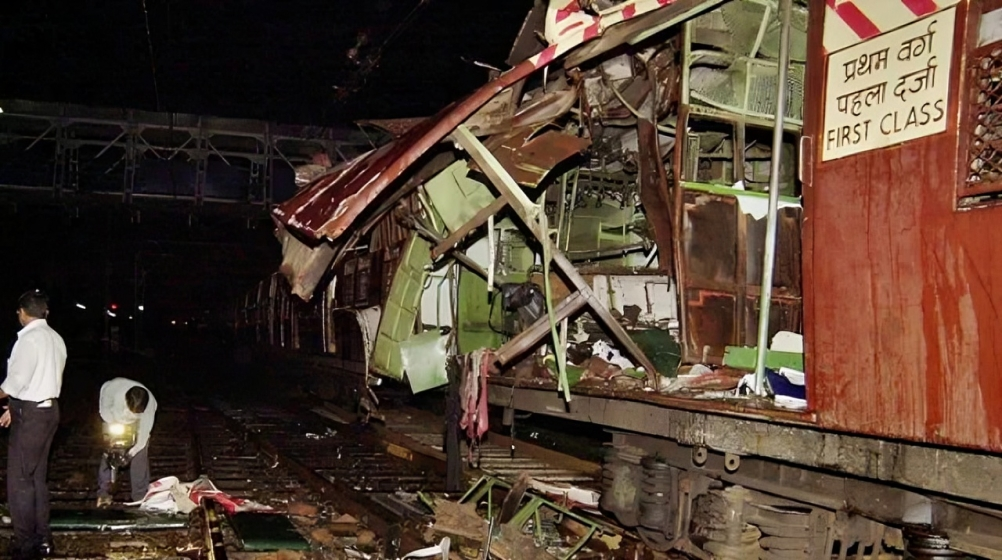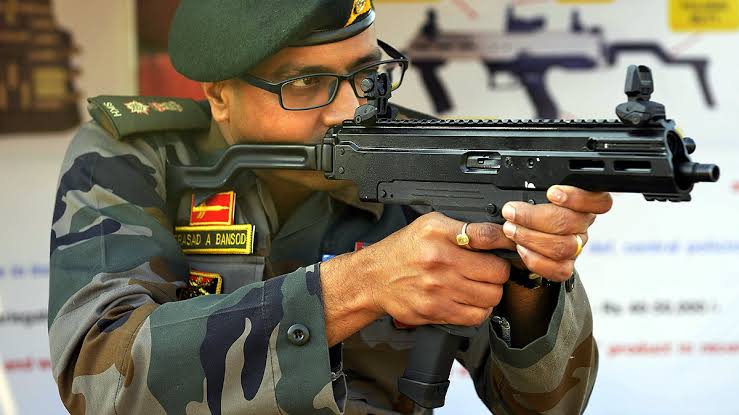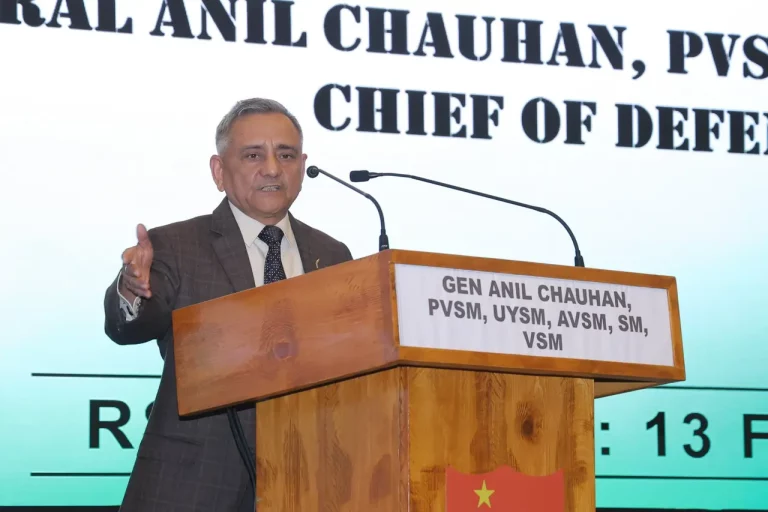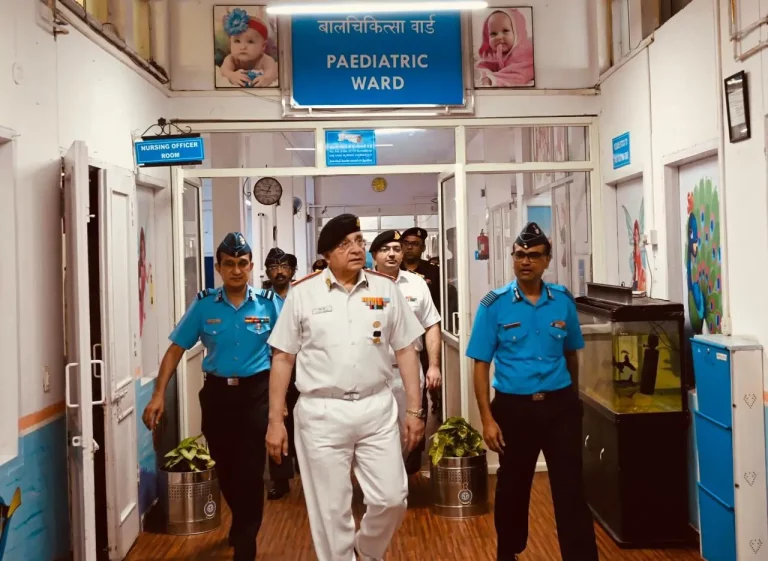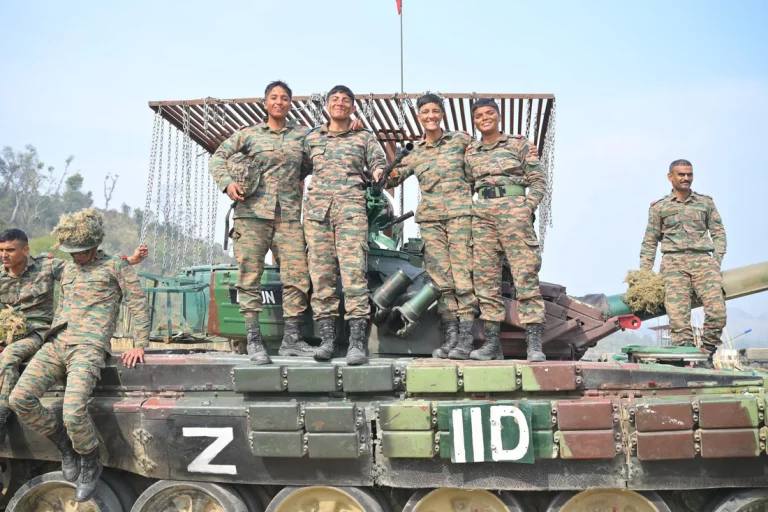In a significant development, the Supreme Court has intervened in the controversial acquittal of all twelve convicts in the 2006 Mumbai train blasts case, issued by the Bombay High Court. On Thursday, the Supreme Court stayed the application of this acquittal as judicial precedent in any pending trials under the Maharashtra Control of Organised Crime Act (MCOCA). However, the court clarified that those acquitted do not need to surrender.
The interim order was passed by a Bench comprising Justices M.M. Sundresh and N. Kotiswar Singh, following a request from Solicitor General Tushar Mehta. Representing the Maharashtra government, Mehta argued that the High Court’s judgment could create complications in other ongoing MCOCA cases, emphasizing that the state was not aiming to return the acquitted individuals to incarceration but was concerned about the potential negative implications of the legal findings made in the High Court’s verdict.
The Supreme Court acknowledged the Solicitor General’s concerns and stated, “Taking note of the submission made by the Solicitor General on the question of law, we are inclined to hold that the impugned judgment shall not be treated as a precedent in any other pending trials.” Consequently, the court decided to stay the High Court’s judgment to that extent.
Additionally, the Supreme Court has issued a notice to the acquitted individuals in response to the state’s appeal against the Bombay High Court’s ruling. This ruling had previously overturned a 2015 judgment from a Special MCOCA Court, which sentenced five individuals to death and the remaining seven to life imprisonment. The Bombay High Court had determined that the prosecution had “utterly failed” to establish guilt beyond a reasonable doubt.
During the proceedings, the Supreme Court also referenced the broader context of the case, mentioning that some of the real perpetrators might be Pakistani nationals who had left India and remained at large.
The 7/11 Mumbai train blasts, which occurred on July 11, 2006, remain one of the deadliest terrorist attacks in India’s history. Seven bombs detonated in quick succession across first-class coaches of suburban trains between 6:23 p.m. and 6:29 p.m., resulting in the tragic loss of 187 lives and injuring over 800 others.
